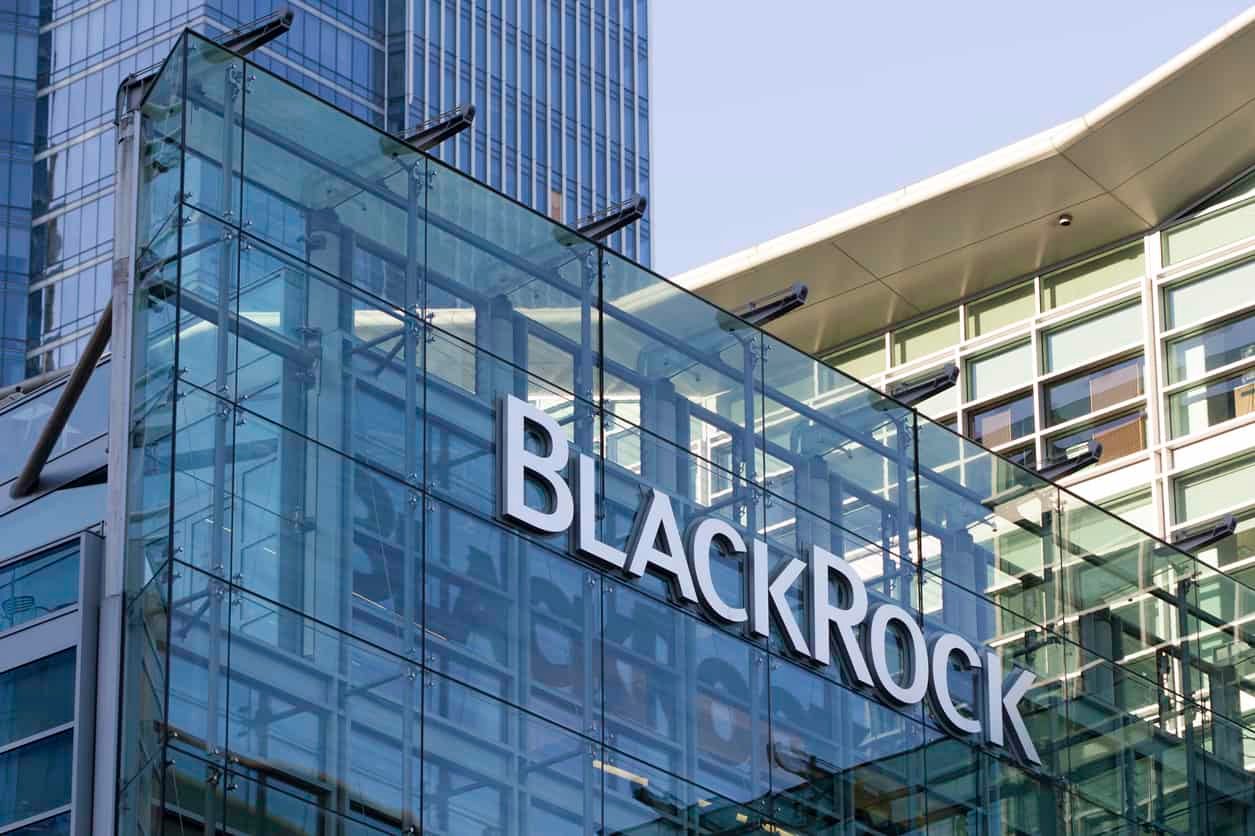The world of cryptocurrency just got a major shot in the arm with BlackRock, the world’s largest asset manager, announcing its entry into the asset tokenization space. BlackRock’s new fund, focused on tokenized assets on the Ethereum network, signifies a growing trend of mainstream institutions embracing this innovative technology.

What is Asset Tokenization?
Asset tokenization involves creating digital tokens representing real-world assets like stocks, bonds, or even real estate. These tokens reside on a blockchain, a secure and transparent distributed ledger, allowing for fractional ownership, easier trading, and potentially greater liquidity.
BlackRock’s Move: A Game Changer?
BlackRock’s foray into asset tokenization is a significant development for several reasons:
- Mainstream Validation: The involvement of a financial behemoth like BlackRock lends credibility to the crypto space and asset tokenization as a viable financial tool.
- Potential for Broader Adoption: BlackRock’s influence could pave the way for wider adoption of tokenized assets by other institutional investors, unlocking vast pools of capital for the crypto market.
- Boost for Ethereum: BlackRock’s choice of Ethereum for its tokenized asset fund is a positive sign for the Ethereum network, potentially leading to increased adoption and value.
What Does This Mean for the Future?
BlackRock’s move could signal a turning point for asset tokenization, with potential benefits across the financial landscape:
- Increased Efficiency: Tokenization could streamline various financial processes, such as trading and settlement, leading to greater efficiency in the overall financial system.
- Fractional Ownership: Tokenization allows for the division of assets into smaller units, making them more accessible to a broader range of investors.
- Global Liquidity: Blockchain technology facilitates 24/7 global trading of tokenized assets, potentially increasing liquidity for previously illiquid assets.
Challenges Remain
Despite the optimism, challenges persist:
- Regulatory Uncertainty: Regulatory frameworks around crypto and tokenized assets are still evolving, which can create uncertainty for investors.
- Technological Hurdles: Scalability and security remain concerns that need to be addressed for the widespread adoption of blockchain technology.
The Bottom Line
BlackRock’s entry into asset tokenization marks a significant step towards mainstream acceptance of this technology. While challenges remain, the potential benefits for investors and the financial system are vast. As the asset tokenization race heats up, the coming years will likely see further innovation and wider adoption of this transformative technology.

